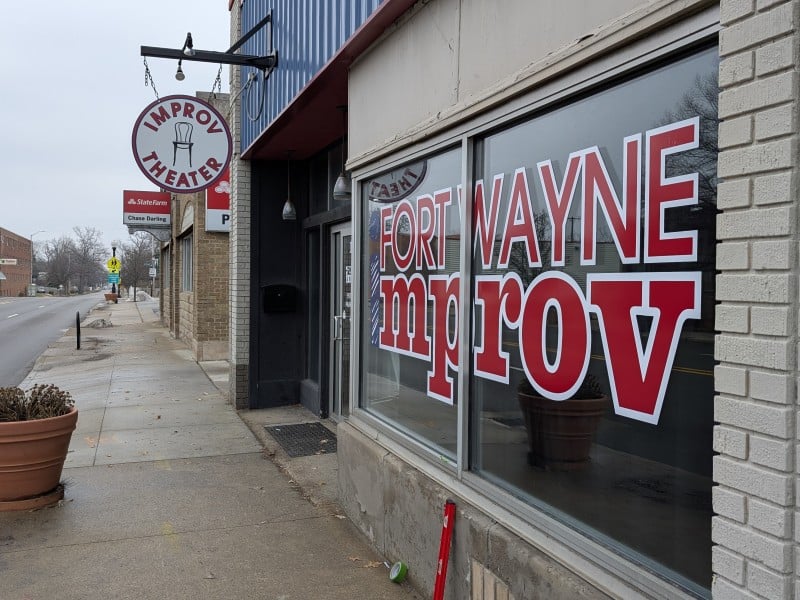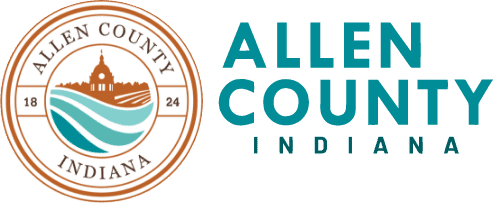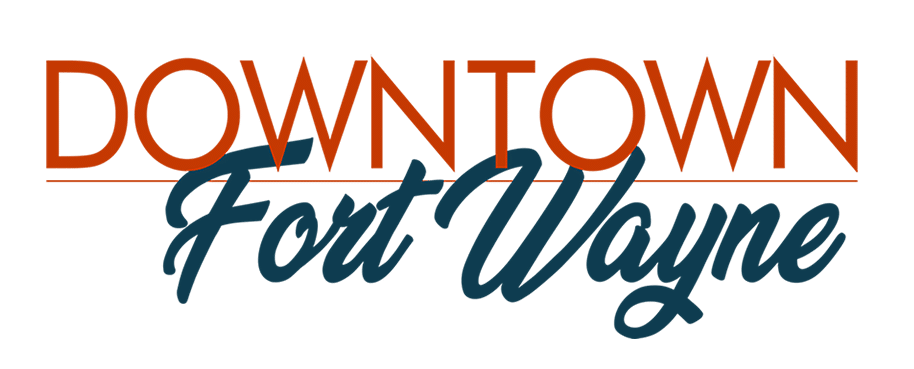Want to buy local more often? Market Wagon is here to help
The Indianapolis-based company expanded to Fort Wayne this year to help local farmers and artisans market their products.
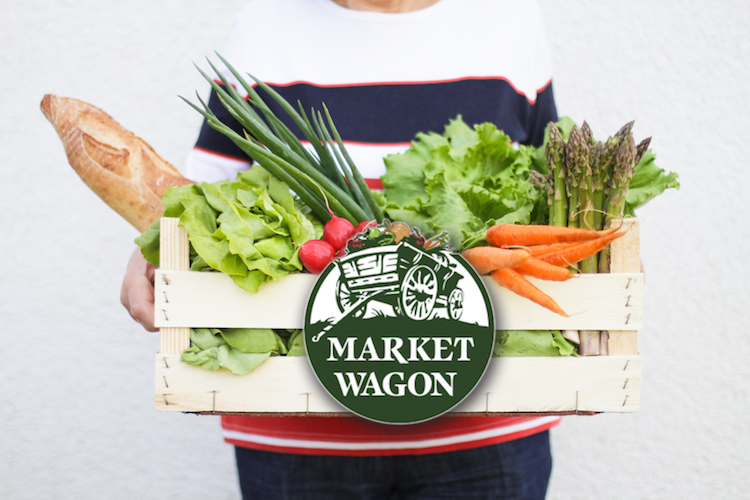
In 2016, Nick Carter, 35, sold a business that connected local farmers to national retailers, such as Whole Foods and Kroger. While running that business, he began to see how difficult it still was for local farmers to break into big name markets.
He had an epiphany: Why not find a way to directly connect food producers and consumers without third-party supermarkets and wholesale retailers?
Using technology, Carter leveraged his knowledge of Indiana farm life and software programming to launch Market Wagon in 2017 as an e-commerce site for farmers and artisans to sell their products.
Market Wagon not only enables producers to sell their product online without the complexities of having to build and maintain their own online store, but also manages the delivery process for them. This eliminates several large barriers farmers face in sustaining their businesses while normalizing buying local for consumers.
“I got into this business because it is the perfect marriage of my tech software skills, building the technologies that allow consumers and producers to connect directly and not have to go through the conventional food supply chain,” Carter says.
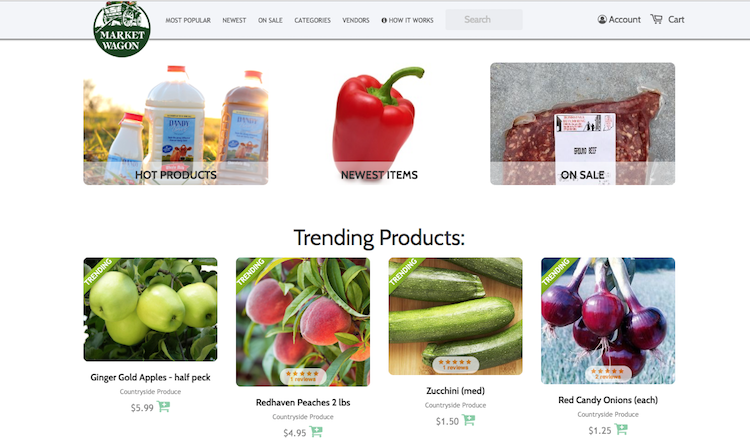
He opened the first Market Wagon in the Indianapolis region. Since then, his team has opened additional markets in South Bend, Evansville, and Fort Wayne, which serves the six surrounding counties in northeast Indiana, delivering from Noble County to Adams County.
By the end of 2018, Market Wagon is planning to have seven new markets opened in Ohio and at least one other market in a third state.
But while Market Wagon is taking the Midwest by storm, there was a time when Carter thought he wouldn’t meddle in the farming business to begin with.
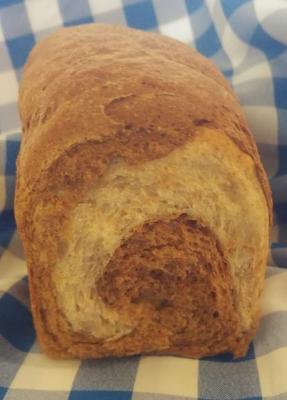
Growing up on his family’s farm in Russiaville, Indiana, he watched his father barely make ends meet as the industrial agriculture and farming economy were changing. When he left the family farm after high school, he wanted to find a career that would last, so he pursued business and software programming instead.
But sure enough, when he reached his late 20s, the desire to return to farming in some way started nagging at him.
“I was when enjoying some success from the entrepreneurship world, if you will,” Carter says. “I just started to realize, ‘I don’t fit here, and I really want to get my hands dirty again,’ both literally and figuratively.”
Seeing a deficit between people who said they wanted to eat primarily from local producers and those who actually followed through on that desire, he saw an opportunity to bridge what he perceived as a massive gap.
According to a study published in January 2015 by Nielsen, less than one percent of U.S. food spending is on local food. Yet, around 20 percent of North American citizens think buying local ingredients is important.
Leigh Rowan, 56, is among that 20 percent. She owns and operates Big Brick House Bakery & Pasta with her husband. She began milling her own flour in the wake of learning what common, store-bought flour and bread are composed of. In her research on how different processed chemicals found in those items affect people, she set out to pave a new way for her and her family.
“I think it’s important for people to continue to know where their food comes from,” Rowan says, “If I wouldn’t serve it to my kids, then there’s apparently a need, because nobody else is doing that.”

Rowan has been a vendor with Market Wagon since the beginning, participating first in the Indianapolis and South Bend regions. She even started the Fort Wayne Farmer’s Market in 2007 when she and her husband moved to the city from Wabash.
When Market Wagon first started, Carter said others were concerned it would compete with local farmer’s markets. However, he says, Market Wagon does not compete with local farmer’s markets but are able to work in conjunction with them.
While the farmer’s markets offer a community experience, Market Wagon offers consistency and sustainability for vendors who may not participate in the local Farmer’s Markets, or who are relatively unknown.
“Our mission is to enable food producers to thrive in their local markets, and that’s the same mission the Farmer’s Markets have,” Carter says.
Try Market Wagon
If you would like to be a vendor through Market Wagon or support your local farmers, visit www.fortwayne.marketwagon.com.
Orders arrive once a week on Thursdays. Consumers can either pick them up at a designated location for free, or have them delivered for a flat $5.95 fee within the delivery zone. All orders must be placed by Tuesday at midnight to be picked up on the following Thursday.
If you aren’t sure where to start, Carter recommends their “Farmer’s Best Basket” or Market Sampler, which features their vendors’ top-selling products.



